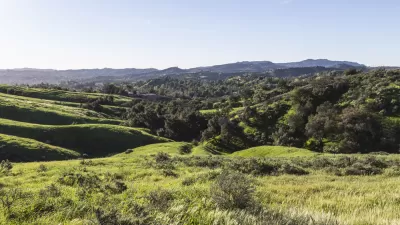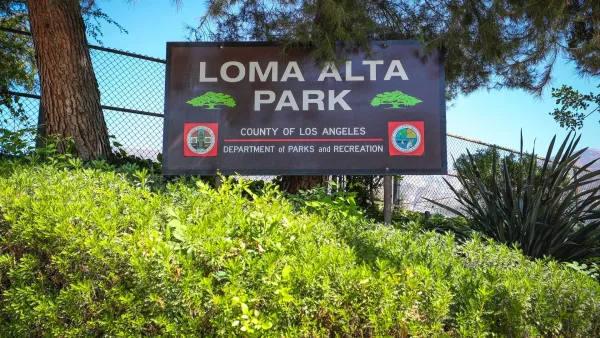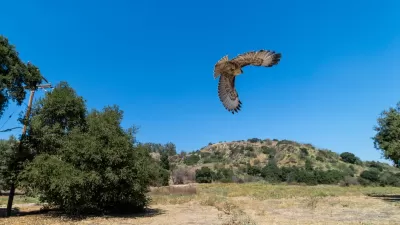Learn more about Los Angeles County's Parks Needs Assessment Plus (PNA+) which focuses on environmental conservation and restoration, regional recreation, and rural recreation.

A growing number of leaders at all levels of government in the United States and abroad have made commitments to achieve “30×30,” the goal of conserving 30 percent of lands and coastal waters by the year 2030 to fight climate change, advance conservation, and protect biodiversity. Aligning with and expanding on these efforts, the Los Angeles County Board of Supervisors unanimously adopted the Parks Needs Assessment Plus (PNA+) Final Report as the county’s 30×30 plan in December 2022.
In this article, park planner Clement Lau discusses the PNA+ Final Report which addresses environmental conservation and restoration, regional recreation, and rural recreation. The PNA+ builds upon and supplements the 2016 Parks Needs Assessment (PNA) with data, mapping, and analyses to guide future environmental conservation and restoration efforts across the county as well as information about regional and rural recreation needs. Like the 2016 PNA, the PNA+ involved data collection and analysis, mapping using geographic information system (GIS), coordination with park and trail managing agencies, and public outreach and engagement in partnership with community-based organizations (CBOs).
The PNA+ focuses on the most vulnerable residents living in park-poor, tree-poor urban and rural areas with limited access to local and regional parks and recreational facilities. Vulnerable communities are identified and mapped using data from the Healthy Places Index (HPI), including indicators that address four dimensions: 1) social barriers like poverty and unemployment; 2) transportation barriers like limited access to public transit or automobile; 3) health vulnerability like reduced life expectancy at birth; and 4) environmental vulnerability like a high number of excessive heat days and limited tree canopy.
The PNA+ identifies priority areas for environmental conservation and restoration which form the basis for a 30x30 plan for L.A. County. This strategy reimagines conservation through an equity lens to include both traditional efforts that involve the protection of natural lands and the restoration of degraded lands, especially in lower-income communities of color where vulnerable populations and environmental burdens are concentrated.
FULL STORY: Los Angeles County’s Parks Needs Assessment Plus

Planetizen Federal Action Tracker
A weekly monitor of how Trump’s orders and actions are impacting planners and planning in America.

Maui's Vacation Rental Debate Turns Ugly
Verbal attacks, misinformation campaigns and fistfights plague a high-stakes debate to convert thousands of vacation rentals into long-term housing.

Restaurant Patios Were a Pandemic Win — Why Were They so Hard to Keep?
Social distancing requirements and changes in travel patterns prompted cities to pilot new uses for street and sidewalk space. Then it got complicated.

In California Battle of Housing vs. Environment, Housing Just Won
A new state law significantly limits the power of CEQA, an environmental review law that served as a powerful tool for blocking new development.

Boulder Eliminates Parking Minimums Citywide
Officials estimate the cost of building a single underground parking space at up to $100,000.

Orange County, Florida Adopts Largest US “Sprawl Repair” Code
The ‘Orange Code’ seeks to rectify decades of sprawl-inducing, car-oriented development.
Urban Design for Planners 1: Software Tools
This six-course series explores essential urban design concepts using open source software and equips planners with the tools they need to participate fully in the urban design process.
Planning for Universal Design
Learn the tools for implementing Universal Design in planning regulations.
Heyer Gruel & Associates PA
JM Goldson LLC
Custer County Colorado
City of Camden Redevelopment Agency
City of Astoria
Transportation Research & Education Center (TREC) at Portland State University
Jefferson Parish Government
Camden Redevelopment Agency
City of Claremont





























